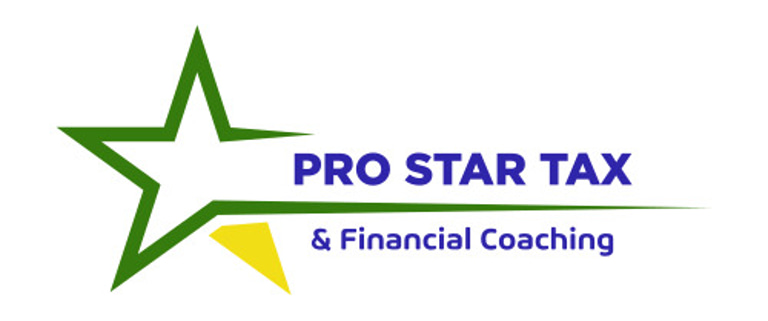Call Today! (210) 802-9873
Essential Steps to Prepare Your Small Business for Tax Season
1/9/20251 min read


Getting Started: The Basics of Tax Preparation
Starting a small business is an exciting venture, but preparing for tax season can feel daunting. One of the first things you need to do is understand your tax status. This means knowing whether you’ll be taxed as a sole proprietor, partnership, LLC, or corporation. Each structure has different implications for filing taxes, so choose one that aligns with your business goals and consult with a tax professional if needed.
Establishing a Bookkeeping System
One of the best ways to handle taxes for your small business is to maintain a meticulous bookkeeping system. Keeping track of income and expenses diligently will not only help you monitor your business’s performance but also simplify tax preparation come April. Consider using accounting software like QuickBooks or FreshBooks to streamline the process. They can help categorize your expenses and generate reports, making it easier when you need to file your tax return.
Understanding Deductions and Credits
As you prepare your small business for tax season, it's critical to understand what deductions and credits you qualify for. Common deductions for small businesses include office supplies, utilities, and business travel expenses. By taking advantage of these deductions, you can significantly reduce your taxable income. Additionally, be on the lookout for tax credits, which are often available for activities like hiring employees or investing in renewable energy. These can further decrease the amount of tax you owe.
It's important to set aside a portion of your earnings throughout the year to cover your tax obligations. A good rule of thumb is to save about 25-30% of your income, so you're not left scrambling when tax season arrives. Periodic tax estimates can help you stay on track and avoid any unexpected surprises.
Finally, consider consulting with a tax professional who specializes in small business taxation. They can provide tailored advice, help you navigate tax laws, and ensure you’re maximizing deductions and credits. With the right preparation, you can manage your small business's tax status with confidence and clarity.
